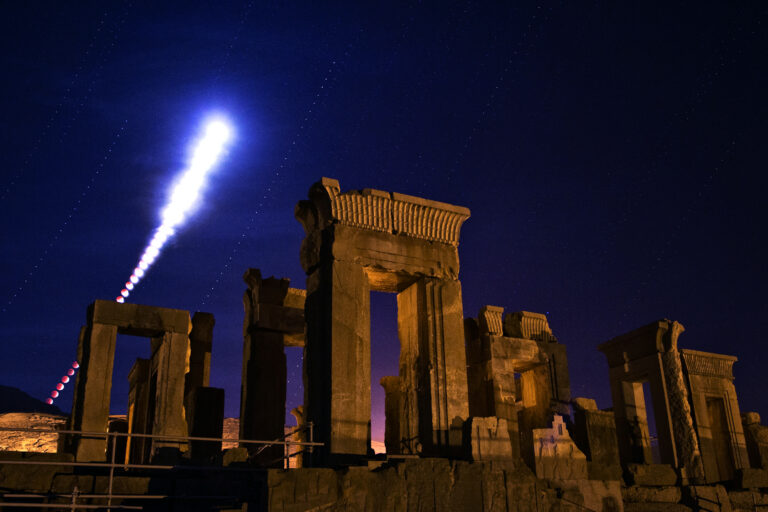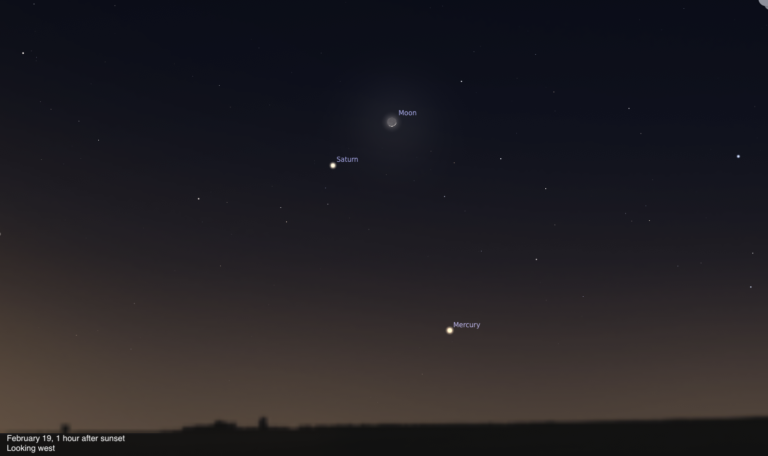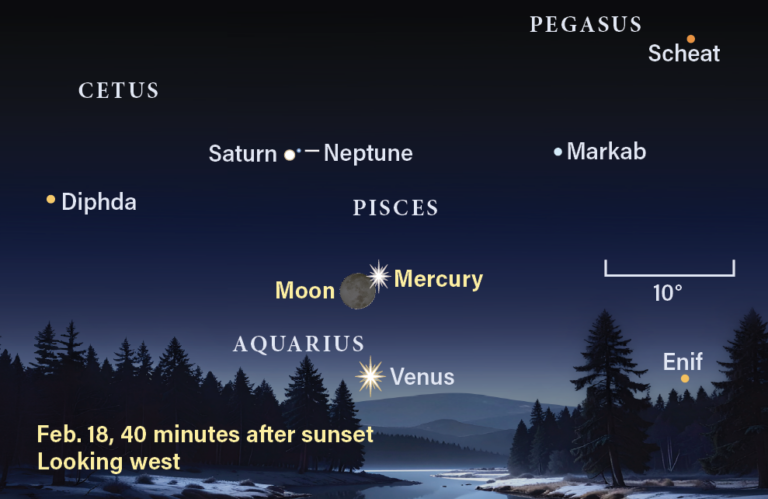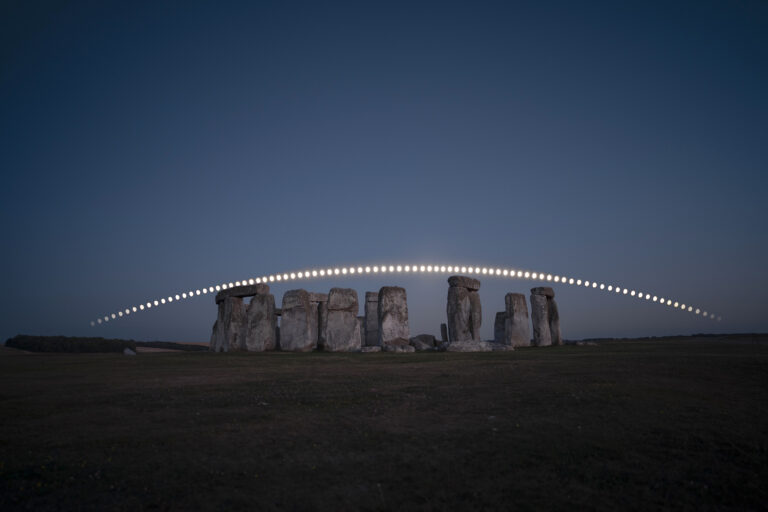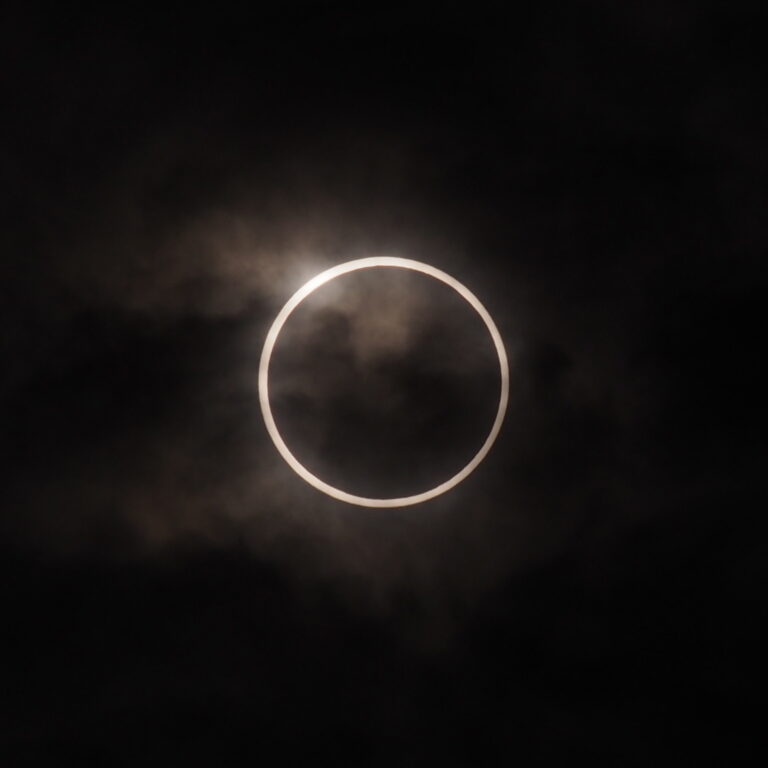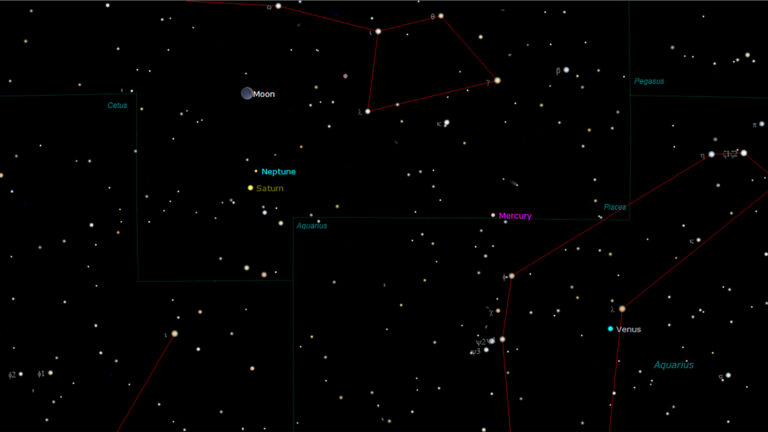The legendary Arecibo radio telescope in Puerto Rico was destroyed this morning. Shortly before 8 a.m. local time, Arecibo’s 900-ton receiving platform collapsed, crashing down onto its 1000-foot-wide (305 meter) dish below.
No one was injured in the collapse, announced the U.S. National Science Foundation (NSF), which owns the facility.
The telescope was already set to be demolished after the failure of a pair of cables that had helped suspend the receiving platform over the giant dish. An auxiliary cable slipped out of its socket atop one of three supporting platforms on August 10, and a main support cable attached to the same tower snapped on November 6.
The flailing of the cables as they fell damaged parts of the dish — but more critically, their loss increased the load on the remaining cables, which led engineers to predict another cable failure would trigger a total collapse. This made it unsafe to attempt to repair the telescope, causing the NSF to announce on November 19 that it would carry out a “controlled decommissioning” to avoid a catastrophic collapse.
But it was too little, too late.
Individual wires in the cables began snapping over the weekend, reported the Associated Press. When they finally gave way, the falling platform tore off portions of the top of each supporting tower. Those relatively near the dome during the collapse reported a loud rumble, with some even feeling the ground shaking, similar to the earthquakes the observatory weathered in January.
Drone footage shows the crumpled Gregorian dome, which housed the telescope’s sensitive receiving equipment, and the remains of an access platform lying on a hillside where it crashed through the dish. Support cables are currently strewn across the valley.
The observatory’s learning center also “sustained significant damage from falling cables,” said NSF. This additional damage serves as another blow to the observatory, one which NSF said it hoped to avoid through a controlled demolition.
In the aftermath
The collapse brings the illustrious career of one of astronomy’s most powerful instruments to a close. Over the past 57 years, Arecibo was a pioneer in a dizzying array of astronomical fields — observing pulsars and fast radio bursts, tracking potentially hazardous near-Earth asteroids, and even searching for extraterrestrial intelligence.
In the past two weeks, scientists around the world have taken to Twitter, using the hashtag #WhatAreciboMeansToMe to share stories of how Arecibo inspired them and impacted their careers. Some of the most heartfelt tributes came from Puerto Rican researchers, including those working in fields extending well beyond astronomy.
“Every Puerto Rican learns about Arecibo Observatory,” tweeted Vivian Irizarry Gatell, a hematology/oncology fellow at the University of Florida. “It showed me that I could be a great scientist like my ancestors. … [Its loss] is a tragedy for STEM in Puerto Rico.”
The end of Arecibo as we know it has also taken on political resonance. For many, the observatory’s recent budget cuts and struggle to secure funding are an example of the second-class status of the U.S. territory the observatory called home.
“The collapse of the Arecibo Observatory is a metaphor for the state of science and education in Puerto Rico under U.S. colonial rule,” tweeted Fernando Tormos-Aponte, a public policy professor at the University of Maryland in Baltimore County.
NSF said it would continue to pay Arecibo staff and “take actions to continue research work at the observatory,” including maintaining a much smaller 39-foot (12 meters) radio telescope and a LIDAR facility used for atmospheric and space science research. The organization has also said it intends to continue educational outreach onsite.
But for some, the loss of Arecibo’s signature telescope closes off opportunities that cannot be replaced.
“[It] means grieving the dream of returning to my land to work as a radio-astronomer whilst contributing to the development of a solid astrophysics program for the Caribbean youth,” tweeted Marialis Rosario-Franco, a graduate student at the University of Texas in Arlington. “2020 has taken way too much.”
[Correction: A previous version of this article incorrectly stated Arecibo’s collapse registered as a small earthquake; however, that earthquake coincidentally occurred in the Dominican Republic seconds before the collapse.]



